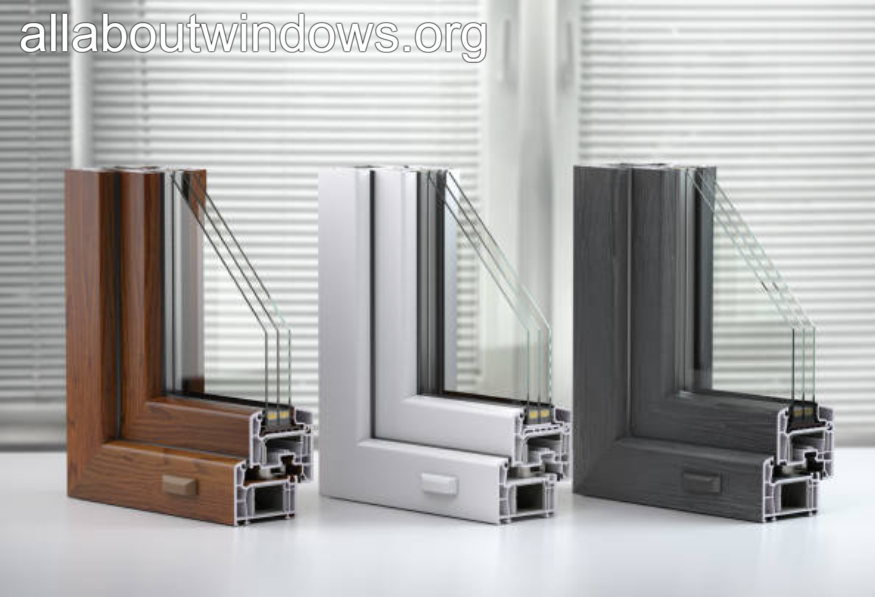As energy costs continue to rise, many homeowners are looking for ways to reduce their energy consumption and save money on their utility bills. One effective way to achieve this is by upgrading to energy-efficient windows. In this blog post, we will explore the benefits of energy-efficient windows and provide tips on how to choose the right ones for your home.
Benefits of Energy-Efficient Windows
Lower Energy Bills
The primary benefit of energy-efficient windows is lower energy bills. Energy-efficient windows are designed to prevent heat loss in the winter and keep homes cool in the summer, reducing the need for heating and cooling systems. This, in turn, lowers energy consumption and costs.
Improved Comfort
Energy-efficient windows also improve comfort by reducing drafts and temperature fluctuations. By maintaining a consistent temperature, energy-efficient windows help to create a comfortable and cozy living space.
Reduced Carbon Footprint
By reducing energy consumption, energy-efficient windows also help to reduce the carbon footprint of a home. This is particularly important as we become more environmentally conscious and strive to reduce our impact on the planet.
Noise Reduction
Energy-efficient windows also offer improved noise reduction, creating a quieter and more peaceful living environment. This is particularly beneficial for homes located in noisy areas such as near highways or airports.

Choosing Energy-Efficient Windows
Look for the ENERGY STAR Label
When choosing energy-efficient windows, look for the ENERGY STAR label. ENERGY STAR is a government-backed program that identifies energy-efficient products, including windows. Windows with the ENERGY STAR label have been independently tested and certified to meet energy efficiency standards.
Check the U-Factor and Solar Heat Gain Coefficient
Two important factors to consider when choosing energy-efficient windows are the U-factor and solar heat gain coefficient (SHGC). The U-factor measures how well a window insulates against heat loss, with lower values indicating better insulation. The SHGC measures how well a window blocks heat from the sun, with lower values indicating better heat blockage.
Choose the Right Frame Material
The frame material of a window can also impact its energy efficiency. Common frame materials include vinyl, wood, aluminum, and fiberglass. Vinyl frames are a popular choice for energy efficiency, as they offer good insulation and are low-maintenance. Wood frames are also a good choice for energy efficiency, but require more maintenance than vinyl. Aluminum frames, while durable, are not as energy-efficient as other materials. Fiberglass frames offer good insulation and are low-maintenance, but can be more expensive than other materials.
Consider Double- or Triple-Pane Windows
Double- or triple-pane windows offer improved insulation compared to single-pane windows, making them a good choice for energy efficiency. These windows have two or three layers of glass with a layer of air or gas in between, creating an additional barrier against heat loss and gain.
In conclusion, upgrading to energy-efficient windows is a smart investment for any homeowner. With lower energy bills, improved comfort, reduced carbon footprint, and noise reduction, the benefits of energy-efficient windows are clear. By choosing windows with the ENERGY STAR label, checking the U-factor and SHGC, selecting the right frame material, and considering double- or triple-pane windows, you can choose the right energy-efficient windows for your home and start enjoying the benefits today.